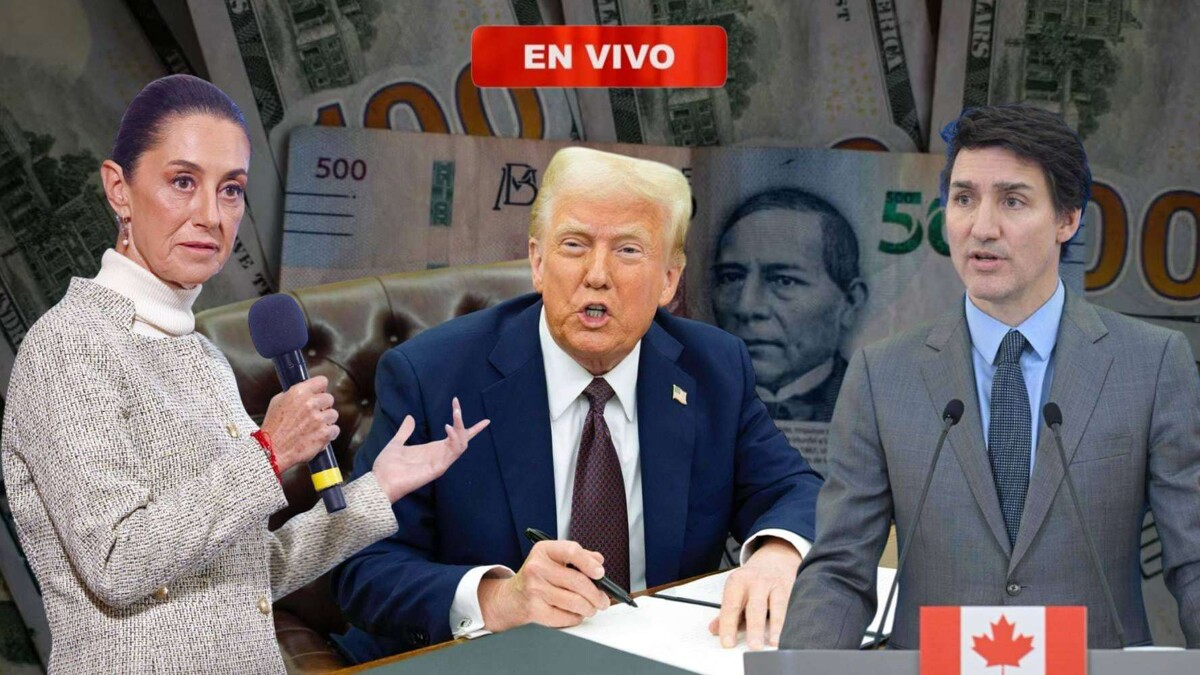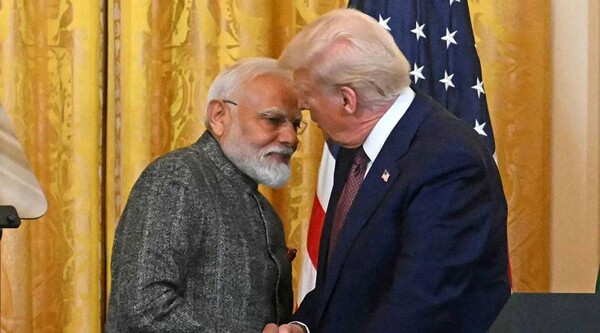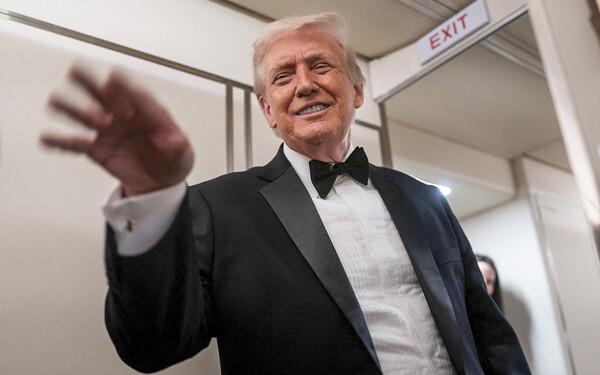
The world changed in just two days with the new tariff measures imposed by the President of the United States, Donald Trump, on Mexico, Canada, and China. These measures involve tariffs of 25 percent on Mexico and Canada, and 10 percent on China.
According to a statement from the White House, the tariffs on Mexico and Canada aim to protect Americans from the trafficking of fentanyl and other drugs, as well as from migration to the United States. It is detailed that these tariffs will be in effect until these countries fulfill their promises to stop the flow of drugs to the United States.
Although the order was issued on February 1, the tariffs on Mexico and Canada will take effect starting February 4. There is no set date for lifting these tariffs, and it is expected that the conditions imposed by Trump on Mexico will remain in place until the government cooperates in the fight against drugs.
In light of this situation, the President of Mexico, Claudia Sheinbaum, ordered the activation of Plan B in response to Trump's tariffs. Sheinbaum criticized the measure and emphasized the importance of dialogue to resolve issues.
Regarding the effects on the market, the exchange rate has become volatile, with the dollar breaking the ceiling of 21 pesos. Financial markets such as Wall Street, the Dow Jones, and Nasdaq are also reacting to these measures with uncertainty.
In response to Trump's tariffs, Canada announced it would apply a 25 percent tariff on U.S. products worth 155 billion dollars. Prime Minister Justin Trudeau expressed the intention to increase these tariffs in the coming days.
For its part, China promised proportional retaliation to the U.S. tariff measures. The Chinese Ministry of Commerce expressed "dissatisfaction" and promised countermeasures, in addition to filing a complaint with the WTO.
In summary, in just two days, a series of tariff measures have been triggered that have provoked reactions in different countries.














